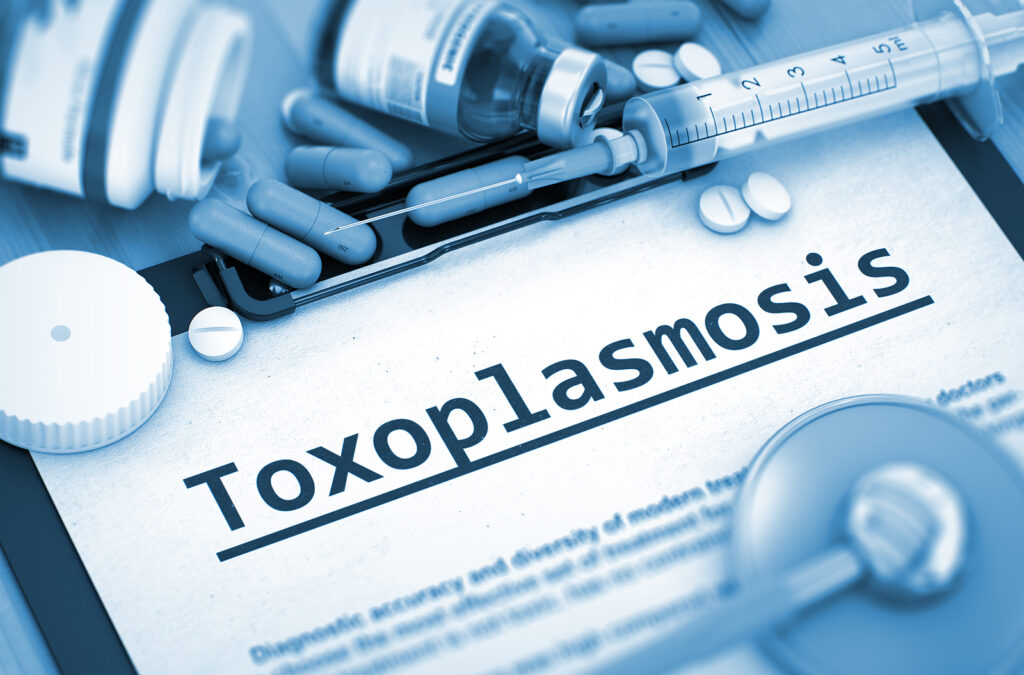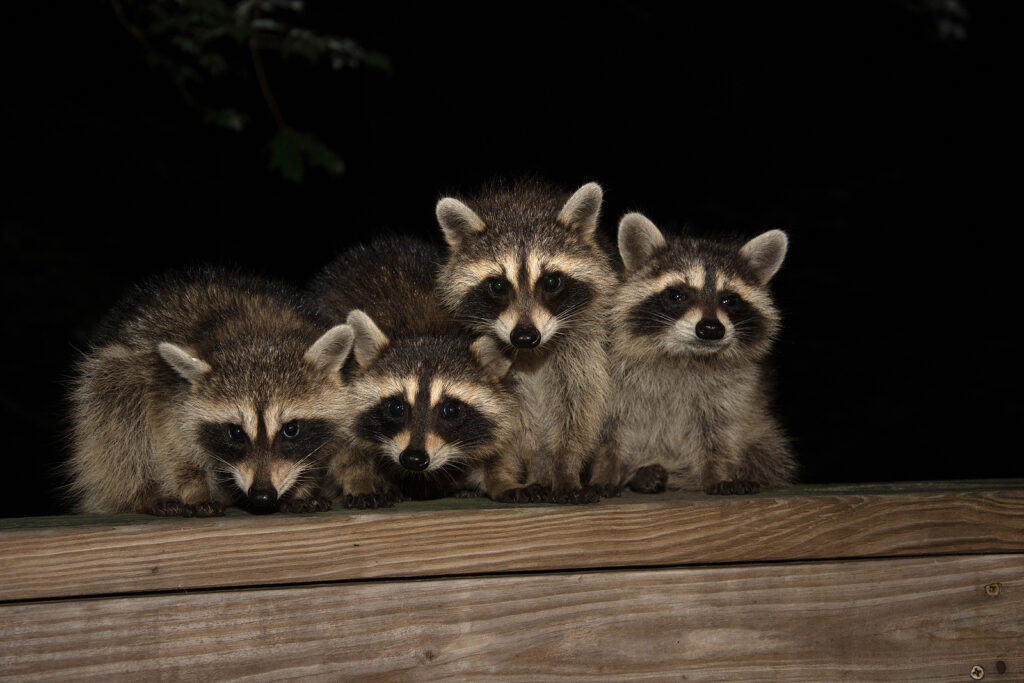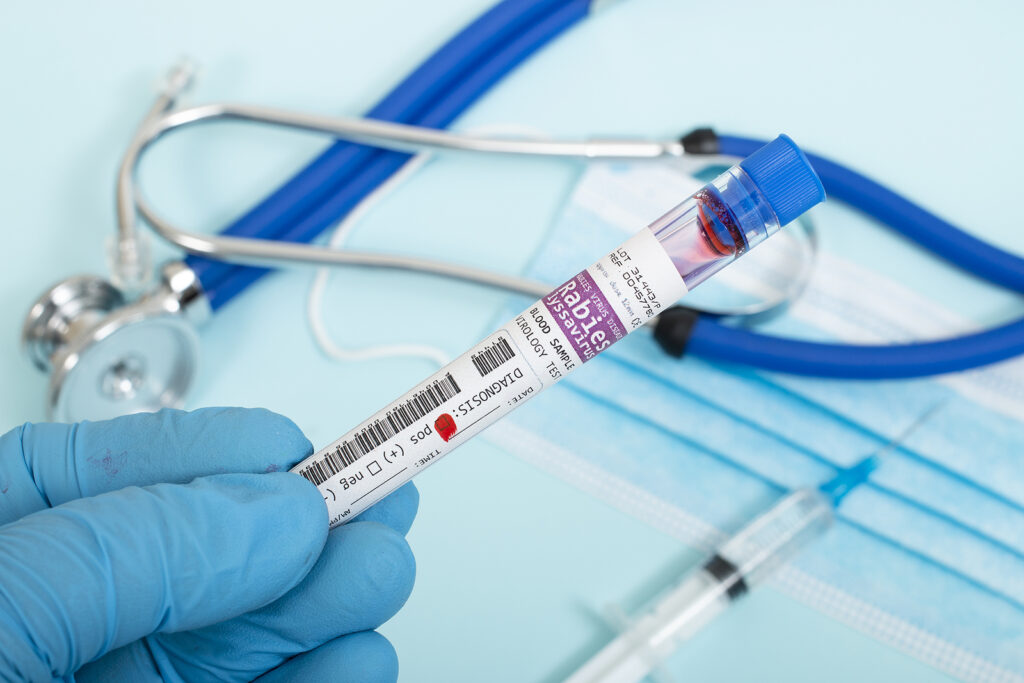Raccoons are known to carry bacterial, viral, and parasitic diseases. These diseases can be transmitted to other mammals by saliva entering the blood stream, scratches, bites, feces, and more. Bacterial infections like Leptospirosis are well-known, as are common viral infections like Rabies; but many are unaware of the parasitic diseases that are common to the raccoon species.
Continue reading to learn the two most common types of parasites that can be carried and transmitted by raccoons, and how to protect your loved ones and pets from exposure.

Common Raccoon Parasites That Can Be Passed On to People and Pets
Toxoplasmosis
Toxoplasmosis is a protozoal parasitic disease in raccoons. Raccoons are not carriers or “passers” of this disease, but it is possible for raccoons to become infected. It is caused by Toxoplasma Gondii, which is an essential, single-celled intracellular parasitic protozoan. As for raccoons, it is generally associated with immunosuppression, resulting from the common virus, canine distemper. Raccoons can become infected by ingesting the parasites eggs in some way or another. There are no concrete signs of this parasitic disease in raccoons, but it is contagious and can be passed along to humans and pets.
Baylisascaris Procyonis – Racoon Roundworm
Also known as raccoon roundworm, Baylisascaris Procyonis is a common parasitic disease found and carried in several raccoon species. This disease can be transmitted through an animal bite or by ingesting its eggs. Other hosts pass along this disease through feces as well. Although raccoons are immune to this disease, it can cause severe illness or even death to other mammals, including humans. Signs include a wide range of serious affects, including blindness, central nervous system diseases, and more. Avoiding contact with all wild animals is the best way to prevent contracting raccoon roundworm and other dangerous illnesses.
Hire Professional Raccoon Control Services
If you have a raccoon problem on your property, call a licensed Nashville Tennessee animal removal service to safely remove raccoons and prevent their return. You can also implement several precautions to ensure raccoons are no longer a threat to your house or loved ones, such as using non-toxic repellents, installing motion-detection lighting, securing garbage can lids, sealing your attic and crawl spaces, and much more. A professional critter control specialist can help you with all the proper raccoon abatement systems and implementations to better secure your protect your premises from wildlife threats and tampering.
Are you dealing with pesky raccoons around your property? Contact Budget Animal Removal at 615-337-9165 for TWRA licensed and insured animal removal and control for raccoons in Nashville, Tennessee. We serve residential and commercial clients.
You Might Also Like:
Can I Contract an Infection From a Raccoon?
How to Scare Raccoons Off Your Property in Tennessee
How to Protect Your House From Nuisance Wildlife in Tennessee




